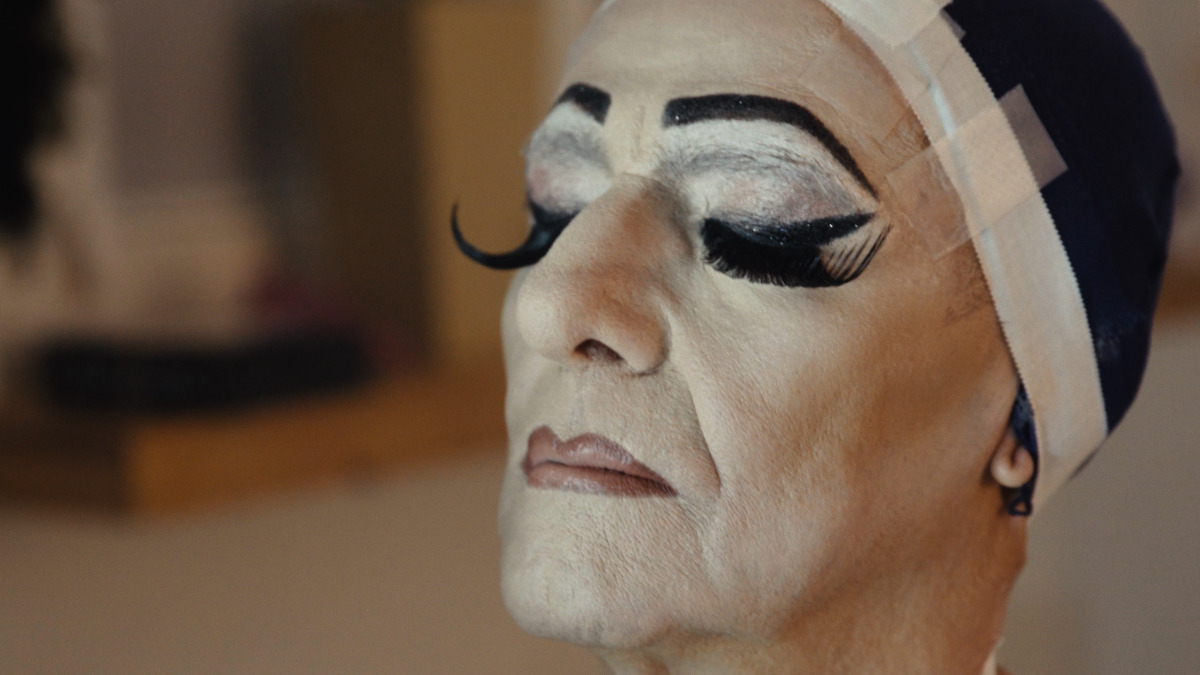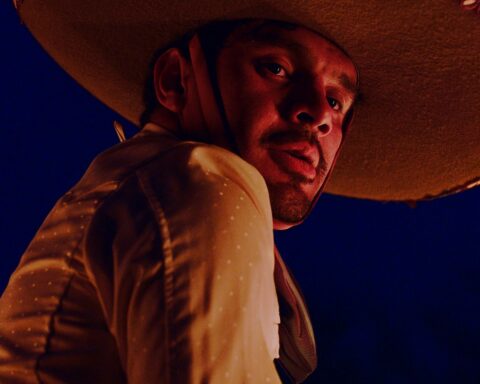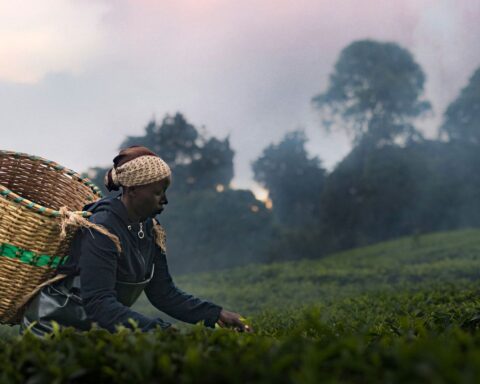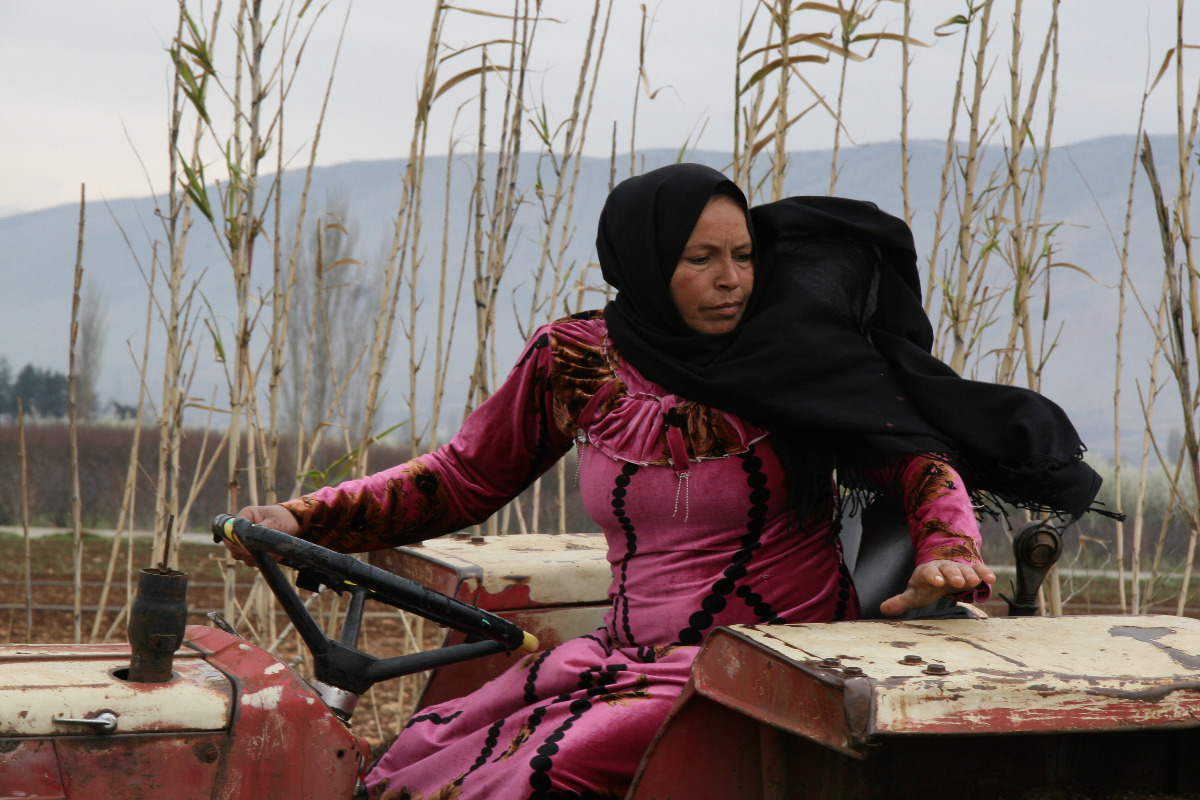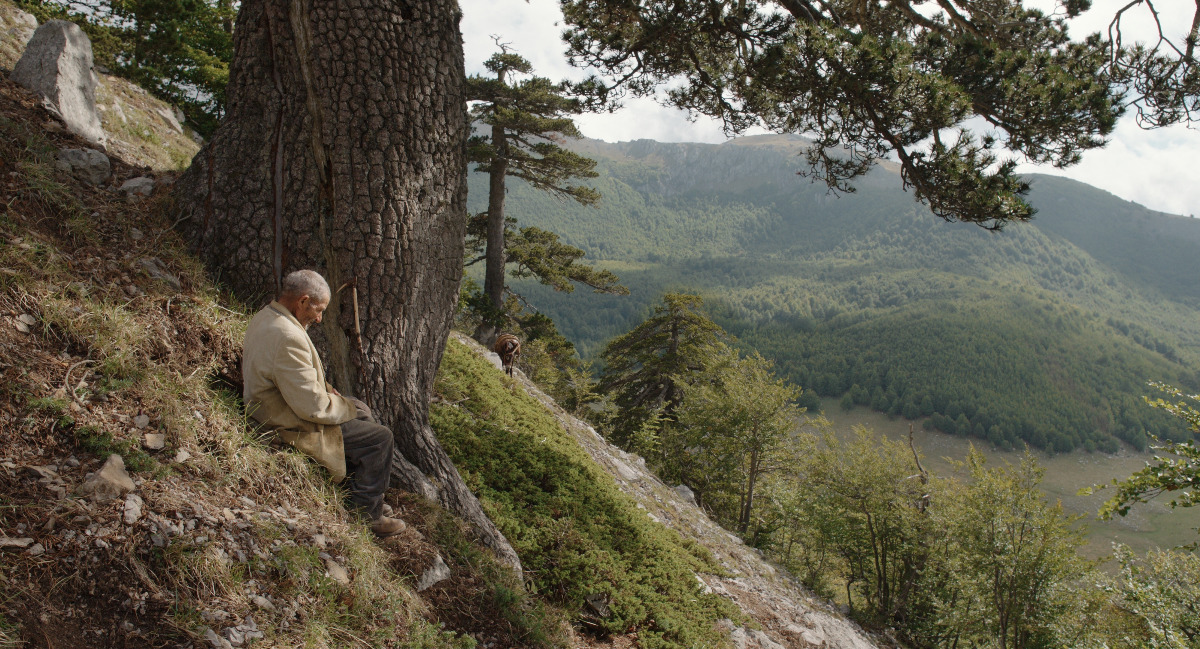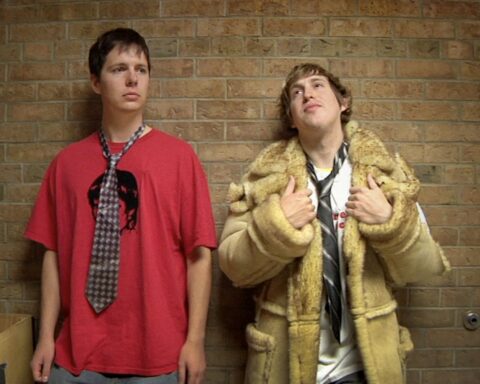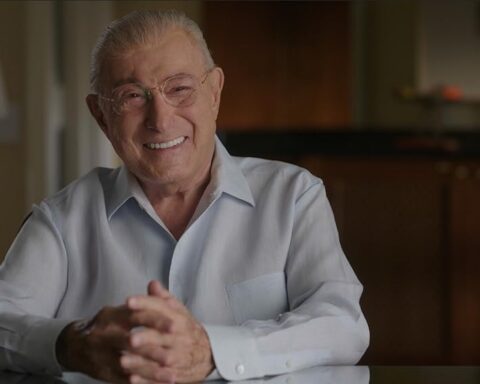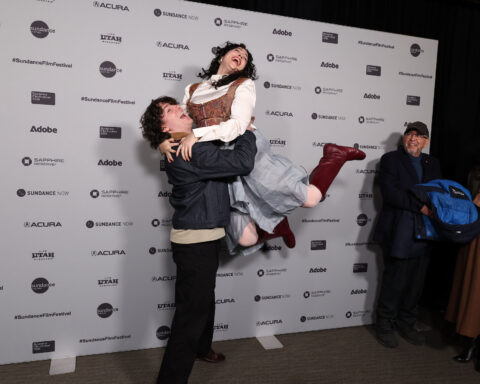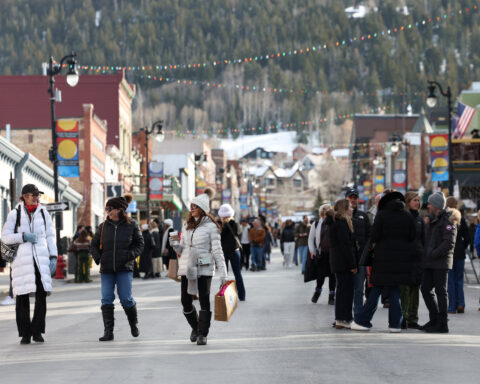Boylesque
(Poland/Czech Republic, 70 min.)
Dir. Bogna Kowalczyk
Program: International Spectrum (World Premiere)
While the popularity of RuPaul’s Drag Race might inspire a hearty “Yaaasss, queen!” from audiences, viewers may easily forget that drag is political. Amid the wig reveals, saucy reads, and epic lip syncs, drag is a bold assertion of gay visibility. As inaugural Canada’s Drag Race winner Priyanka said on the show, drag queens are like the mascots of the queer community.
That sentiment lives and breathes in Boylesque, which profiles Andrzej Szwan, who at 82 years young, performs as Poland’s eldest drag queen Lulla La Polaca. This amiable character study from director Bogna Kowalczyk shares how one person’s ability to bring joy to his community inspires strength in others. Boylesque observes as Lulla performs in nightclubs and marches in Pride parades with her heels on. She defies aging and proves a muse for young people in Poland who emerge from the closet in troubled times.
In and out
Boylesque brings its cameras into Szwan’s small apartment where he shares his history of living loud and proud. There are painful memories as Szwan revisits old photographs with Kowalczyk and shows her the loved ones he’s lost along the way. He recalls losing a friend to suicide and speaks to the mental health toll entailed with being in but out. But these stories also speak to the power he finds in being Lulla. The aged queen models her clothes, perfects her make-up, and stays in shape in between bouts of sun tanning on the apartment building’s roof.
Through these candid interviews, Boylesque subtly contextualises Lulla’s significance. While homosexuality has not been considered criminal in Poland since the 1930s, it’s remained taboo in the mostly Catholic and conservative country. In fact, ILGA-Europe ranked Poland the least progressive member of the European Union for LGBTQ+ rights in 2020. Every time Lulla goes out in public, she therefore performs a boldly political act.
In the clubs, Lulla still commands respect. She’s an icon of the local scene, and Boylesque illustrates her stature when Lulla faces an awkward snub during an act—and people notice. The snub reeks of ageism and Boylesque observes in Lulla’s disappointment the cruel double standards that exist even in groups at the margins.
Lulla Swipes Right
Alternatively, Kowalczyk captures Szwan’s youthfulness as she mingles with young boys on the scene. Even at eighty-two, he has the stamina of a freshman. Cracking beers on the train over breakfast, Szwan stays fresh and feeds on the youthful energy around him. Instead of pitying Szwan as he fraternizes with the younger bucks, the intergenerational camaraderie is significant. This scene respects those who paved the way for others, and Boylesque affords its subject the respect she deserves.
Meanwhile, the film finds poignancy as Kowalczyk considers Szwan’s personal life. The queen does not have a king. On one hand, her prolific work in the nightclubs keeps Lulla too busy for a fella. On the other, the bachelor(ette) status simply reflects the state. Gay marriage remains illegal in Poland and same-sex couples can’t adopt. Szwan nevertheless does as the kids do these days and gets swiping. He longs for anyone hunting for a silver fox.
Through this one portrait of queer resilience, Boylesque crafts a rich character study rooted in universal themes. It’s a story about everyone’s right to love and happiness, especially when they dedicate their lives to the gaiety of others.
Boylesque premieres at the 2022 Hot Docs Film Festival on May 4.




